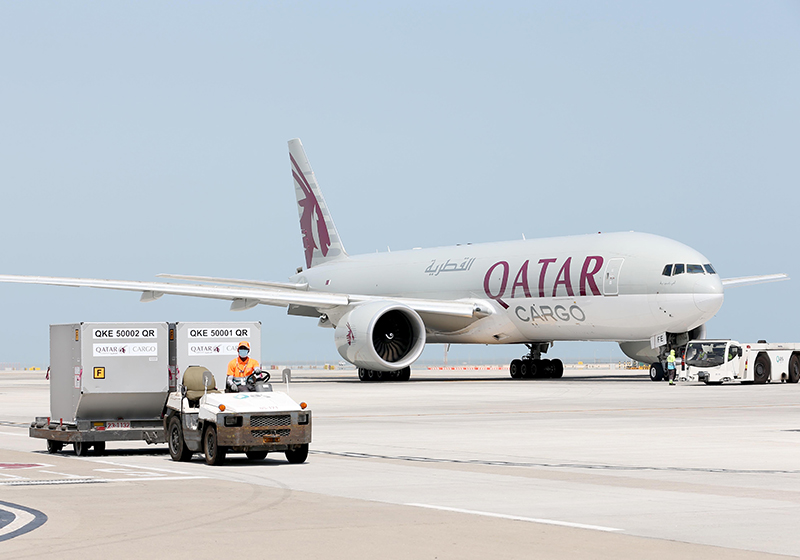The International Air Transport Association (IATA) released data for November 2022 global air cargo markets showing that demand softened as economic headwinds persist. Global demand, measured in cargo tonne-kilometers (CTKs*), fell 13.7% compared to November 2021 (-14.2% for international operations).
Several factors in the operating environment should be noted:
* Global new export orders, a leading indicator of cargo demand, were stable in October. For major economies, new export orders are shrinking except in Germany, the US, and South Korea, where they grew.
* Global goods trade expanded by 3.3% in October. Given the softening in air cargo demand, this suggests that maritime cargo was the primary beneficiary.
* The US dollar has appreciated sharply, adding cost pressure as many costs are denominated in US dollars. This includes jet fuel, which is already at elevated levels.
* The Consumer Price Index for G7 countries decreased from 7.8% in October to 7.4% in November, the largest month-on-month decline in 2022. Inflation in producer (input) prices reduced to 12.7% in November, its lowest level so far in 2022.
Willie Walsh, IATA’s Director General said :
“Air cargo performance softened in November, the traditional peak season. Resilience in the face of economic uncertainties is demonstrated with demand being relatively stable on a month-to-month basis. But market signals are mixed. November presented several indicators with upside potential: oil prices stabilized, inflation slowed and there was a slight expansion in goods traded globally. But shrinking export orders globally and China’s rising COVID cases are cause for careful monitoring”.






